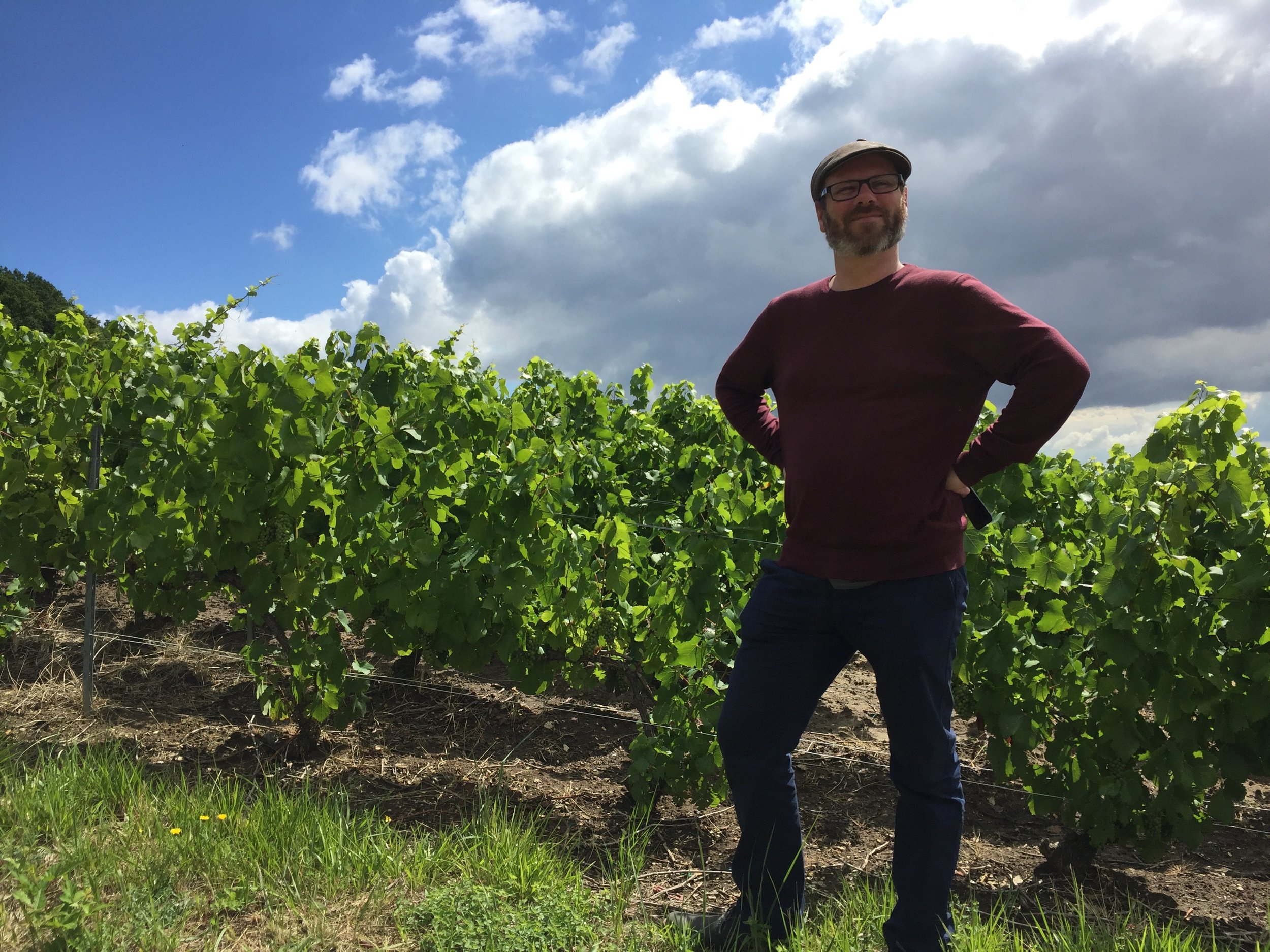"Island"
On the Isle of Man, you can stand on Snaefell, the summit in the middle of the island, and see England, Wales, Scotland, and Ireland. It has an island atmosphere of detachment and remoteness with its own Celtic language, yet a connection to the land around it, albeit separated by water. I grew up in Great Britain, the ninth largest island in the world, and my father is from Ireland, the twentieth largest. Dublin is where I met Julian Hanna, and he remains a great friend. He’s from Vancouver Island, the forty-third largest island, which is surrounded by many much smaller islands between it and mainland British Columbia. He’s also lived in Ireland, Scotland, and Madeira, and got married on a small island.
Hence, we have a shared fascination with islands and their unique cultures which separate them from bigger nearby or far away landmasses. He’s just published a book about his island experiences, called, conveniently and succinctly enough, Island. His reflections are both personal and academic, weaving lived moments and memories with literary references to island life. The book is not all-encompassing; after all there are more than 600,000 islands in the world. Nor is this directly a wine book: islands are his specialism not wine. But wine features throughout the book, mostly through the drinking of wine and how that adds to the experience of being on an island. Julian also finishes each chapter by putting a message in a bottle.
I recently interviewed Julian for my podcast, in which we talked about island culture in relation to wine. As he lived in Madeira for several years, we spoke about the island. I visited in 2013: it’s a remote place with its own distinct history and culture even though it’s part of Portugal. The descent by plane on to the tiny runway is terrifying. Located in the middle of the Atlantic Ocean, it’s the only place I’ve been to where I’ve seen bananas growing in the wild. Viticulture is fragmented, with small vineyards scattered across the island. It was the stopping off point for the Portuguese on their way to the Americas; taking wine with them led to the heated, oxidative style Madeira is famous for. Madeira tastes like it could only be made on an island, or in Julian’s words “an oceanic trench.” In several chapters, he evokes life on an island so small (740km²) that contains so much variety of life, nature, and people. If you’re fascinated by Madeira (and what wine enthusiast shouldn’t be), the chapters are an alternative, personal take on just where these astonishing wines come from.
There are expeditions to the Orkneys north of Scotland and even to the Arctic Circle. On the Orkney island of Eday his group experiments with making a gravity battery to power an old casio keyboard, working with locals and schoolchildren. Often those locals aren’t that local, even though they live there. Islands often attract itinerants who often end up staying—”a refuge for eccentrics.” As Julian recounts, “There are two types of tourist in Madeira. Those who visit and those who stay.”
Visiting islands, you perceive “the randomness of islanders…the uniqueness of islanders, each one a special number in a limited set.” That observation reminded me of when I visited Waiheke Island, just off the coast from Auckland. We stayed in an eco-boat and were greeted by the ex-husband of the owner. He was from California and had sailed to the island in the late 1960s, and never left. At a winery tasting room, we were hosted by a woman from Oldham, a town just outside Manchester in the UK, who had just received her residency permit and loved the remoteness of living on an island so far from anywhere. This sense of complete isolation is one of escape and freedom.
There’s a chapter of living through the pandemic on Madeira. Islands can also provoke a feeling of entrapment—“the loneliness of isolation”: where to go? how to leave? (I often drive past Alcatraz.) Islands leave a trail of contradictions, seen in the many localised styles of wine, rum, and whisky. The wines of Madeira taste like no other in the world, and that comes from its position in the Atlantic. The vines in Santorini are wrapped into baskets to protect them from the wind. Mallorca has grape varieties grown nowhere else. Corsica is an anarchic Italian-French mishmash. Sardinia is remote, rocky, and mountainous. Sicily is volcanic and associated with crime. Tasmania is different from the rest of Australia in its attitude and its wines (and gin and whiskey). Each island in the Caribbean has its own way of making rum. Isla in Scotland is famous for its heavily peated whisky with salty, seaweed aromas.
The grandparents of a Norwegian friend of mine lived on an island in the Arctic. During winter, it was dark the entire day. At the end of winter, they walked each day to the edge of the island waiting for the sun to appear. When it finally did, it was just for a few minutes and then it was dark again but they knew summer was coming and there would be nothing but light for several months. At its most extreme, those are the two faces of island life.
Julian’s book prompts memories and stories like these about island life and island experiences which anyone who’s visited or lived on an island can relate to. Have a glass of Madeira while reading this evocative book.
the interview is available on most major podcast platforms


